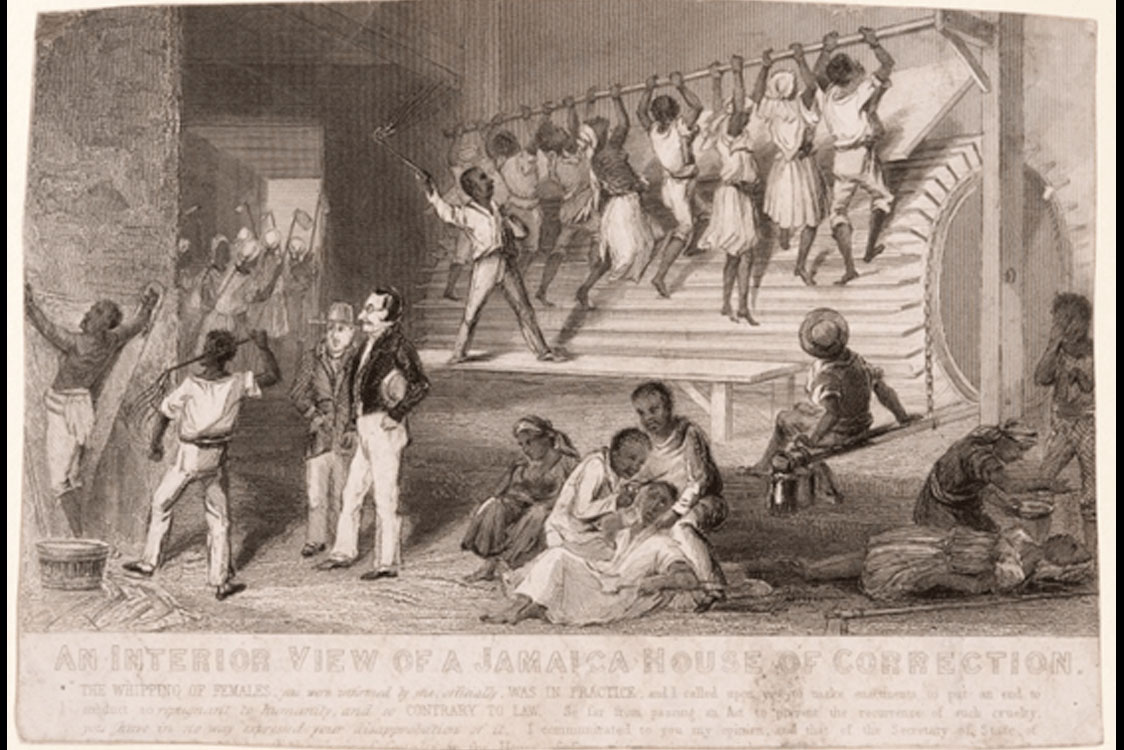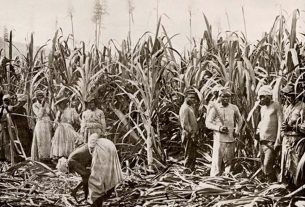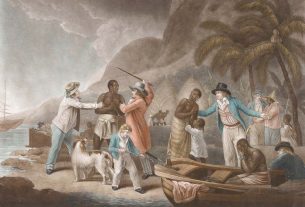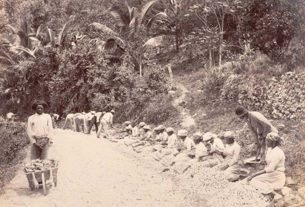1834
In St. Kitts, the labourers on the plantations had resolved not to return to work without pay. So, the authorities declared martial law, rounded up the striking ‘apprentices’, and forced them back to work.
Harsh punishment, including flogging and imprisonment, was inflicted on them. Some were sentenced to the treadmill. In Trinidad, many Africans protested in Port of Spain for several days, and refused to listen to colonial officials, but local magistrates compelled them to do so. Some of the victims received corporal punishment, and forced to return to sugar plantations as ‘apprentices’. With pressure also from British anti-apprentice activists, including Joseph Sturge, a Quaker businessman, the British Government declared freedom for all ‘apprentices’ on 1st August 1838.




